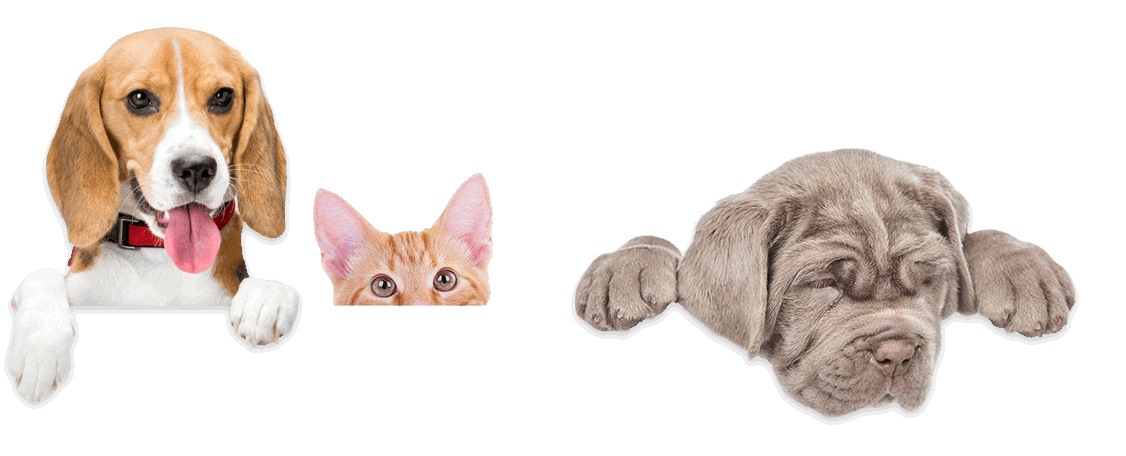


This list is not exhaustive, and we always recommend consulting your trusted vet if you have any questions or concerns about your puppy or becoming a pawrent. If you are not quite there yet, and just thinking about welcoming a puppy into your home, you may be interested in our other blog on How to avoid Puppy Farms.

Register your new puppy with your local, trusted vet. It is a legal requirement for your dog to be microchipped, so your vet can help you with this. Your vet will also assist with all the necessary vaccinations, neutering, discuss insurance, and can give you some tips on puppy socialisation.
There are four main vaccinations your puppy will need (Source: Kennel Club, 2021):
Keep your vaccination records safe, and save your vet’s contact number and out of hours number for emergencies.

Make sure your home is safe for a puppy who can be prone to getting into a bit of mischief! Puppies are known to nibble from about 6 months (exploring with their teeth), so make sure that your favourite shoes are stored away, cables are out of reach for them to gnaw through and expect your furniture to take the brunt too.
Keep dangerous foods, and chemical cleaners out of reach. Be mindful that your puppy may be able to get into your cupboards, so thinking about childproof locks may be a good idea.
In the bathroom keep razors, soap, cotton pads, shampoos, toilet roll out of reach! It is usually easier to try and keep your bathroom door closed to prevent badness in the bathroom.
Playing games with your puppy is a great way to bond with them, but also keep them psychically active and mentally stimulated.
It is important to start training your puppy as early as possible. Training your dog helps to keep them safe, helps you understand their needs better, and encourages better behaviour.
Training can be fun too, teaching your dog some tricks. We did a blog on that too, which you can read here.
Welcoming a puppy into your home is very exciting, but it can also be challenging. It is a huge responsibility to have a four-legged family member, so make sure you are able to commit to their needs. A reliable source for more information is the Kennel Club, they have more information at www.thekennelclub.org.uk.